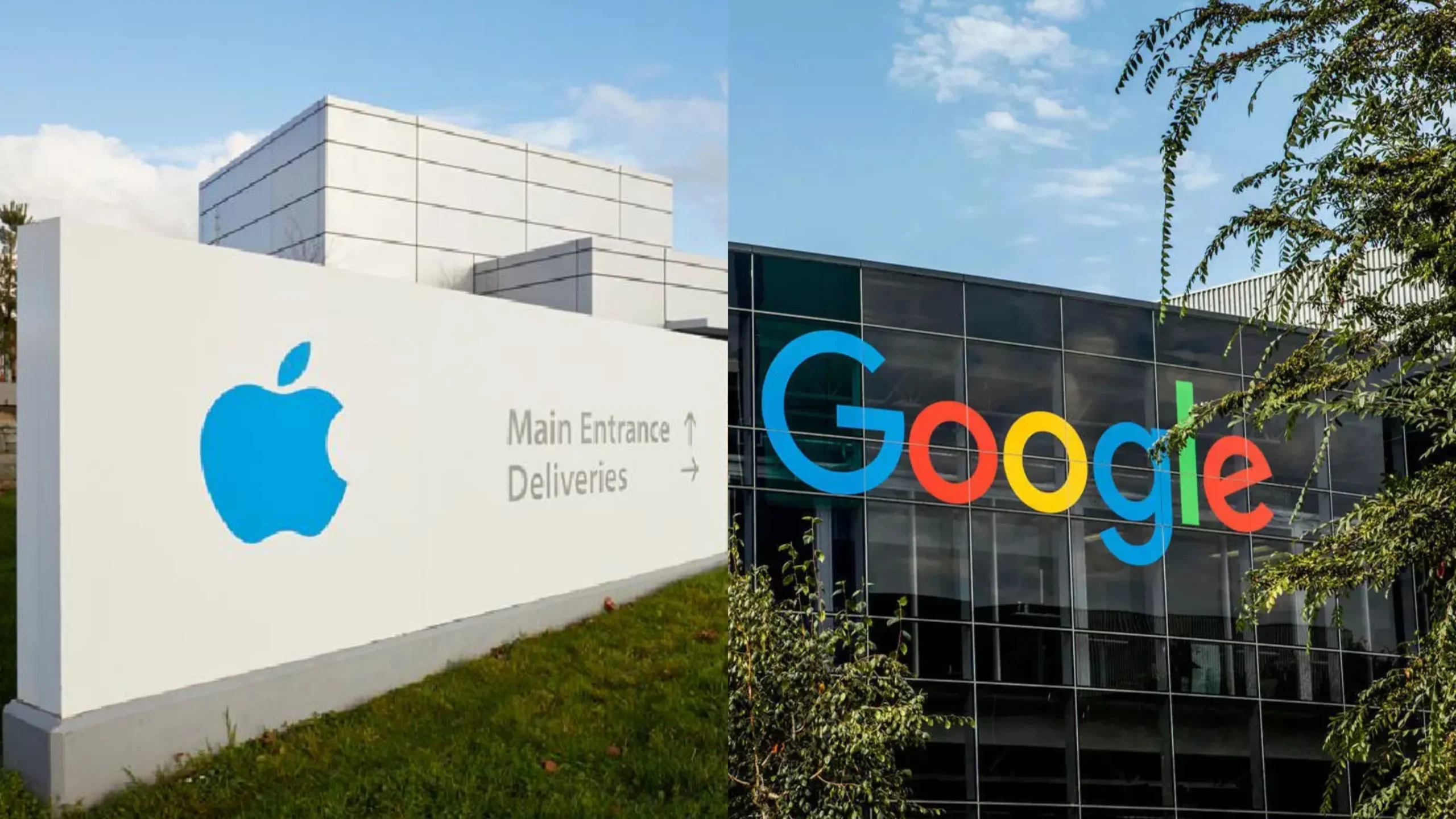European Union antitrust chief Margrethe Vestager scored two major victories in two landmark cases, as Europe’s top court backed her crackdown on Apple’s Irish tax deal and Google’s anticompetitive practices.
Vestager, whose mandate runs out in November, built a reputation for targeting Big Tech’s sweetheart tax deals with various European Union nations and its activities suppressing smaller rivals. The two rulings that came out on Tuesday would bolster her eventual replacement to do the same.
The chief of antitrust celebrated the verdicts: “Today is a huge win for European citizens and tax justice,” she said on X about the Apple ruling, joining praise for the judgment against Google as a big win for digital fairness.
The European Commission had ordered Apple in 2016 to pay 13 billion euros ($14.4bn) in back taxes to Ireland, arguing the iPhone maker benefitted from two Irish tax rulings for more than two decades that artificially reduced its tax burden to as low as 0.005 percent in 2014. The Luxembourg-based Court of Justice of the EU ruled in favor of Vestager.
The Court of Justice gives final judgment in the matter and confirms the European Commission Decision of 2016: Ireland granted illegal aid to Apple, which Ireland must recover,” its judges said.
They said Apple’s two units incorporated in Ireland enjoyed favorable tax treatment compared to resident companies taxed in Ireland, which are not capable of benefiting from such advance rulings by the Irish tax authorities.
It said it paid 577 million dollars in tax, or 12.5 percent of the profit generated in the country, in accordance with the tax laws in Ireland during the period 2003-2014 under investigation by the EU. The Silicon Valley giant said it was disappointed with the ruling.
The European Commission is attempting to rewrite the rules and ignore the fact that under the law in the United States, we’ve already paid all of the taxes owed on our income,” Apple said.
Separately, Apple said in a regulatory filing that it was expecting to record a one-time income tax charge of as much as $10bn in its fourth quarter, which ends on September 28. Ireland’s low tax rates had helped attract Big Tech to set up their European headquarters in the country, which also challenged the EU ruling.
According to it, its tax treatment regarding intellectual property transactions is in line with other countries of the Organisation for Economic Co-operation and Development OECD. It has still cooperated in the global overhaul of corporate tax rules and did what was once unthinkable – dropped its opposition to giving up its prized corporate tax rate of 12.5%.
Yet, its tax take from multinational firms has increased since then. The court also rejected an appeal by Alphabet subsidiary Google against a 2.42 billion euro fine levied by Vestager seven years ago. This was the first of three sprawling fines doled out to the firm for anticompetitive behavior.
“In view of the particular market characteristics and the specific factual context, Google’s conduct was discriminatory and not objectively justified and therefore not exempt under competition on the merits,” the judges said. Google expressed disappointment over the ruling.
“This judgment relates to a very specific set of facts. We made changes back in 2017 to comply with the European Commission’s decision,” the spokesman said. The commission fined the world’s most popular internet search engine in 2017 for using Google’s price comparison shopping service to gain an unfair advantage over smaller European rivals.
EU antitrust regulators fined Google 8.25 billion euros ($9.11 billion) in the last decade. Google has appealed two rulings relating to its Android mobile operating system and AdSense advertising service, and decisions are still pending.
It’s also fighting against EU antitrust charges issued last year. It could see it ordered to sell part of its lucrative ad tech business after regulators accused it of favoring its advertising services. Both rulings are final and cannot be appealed.















